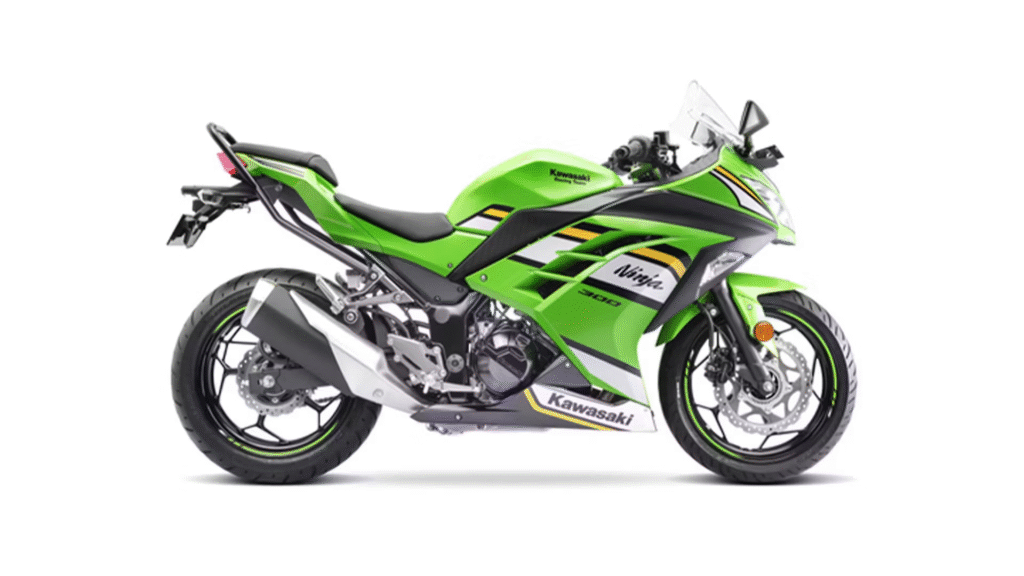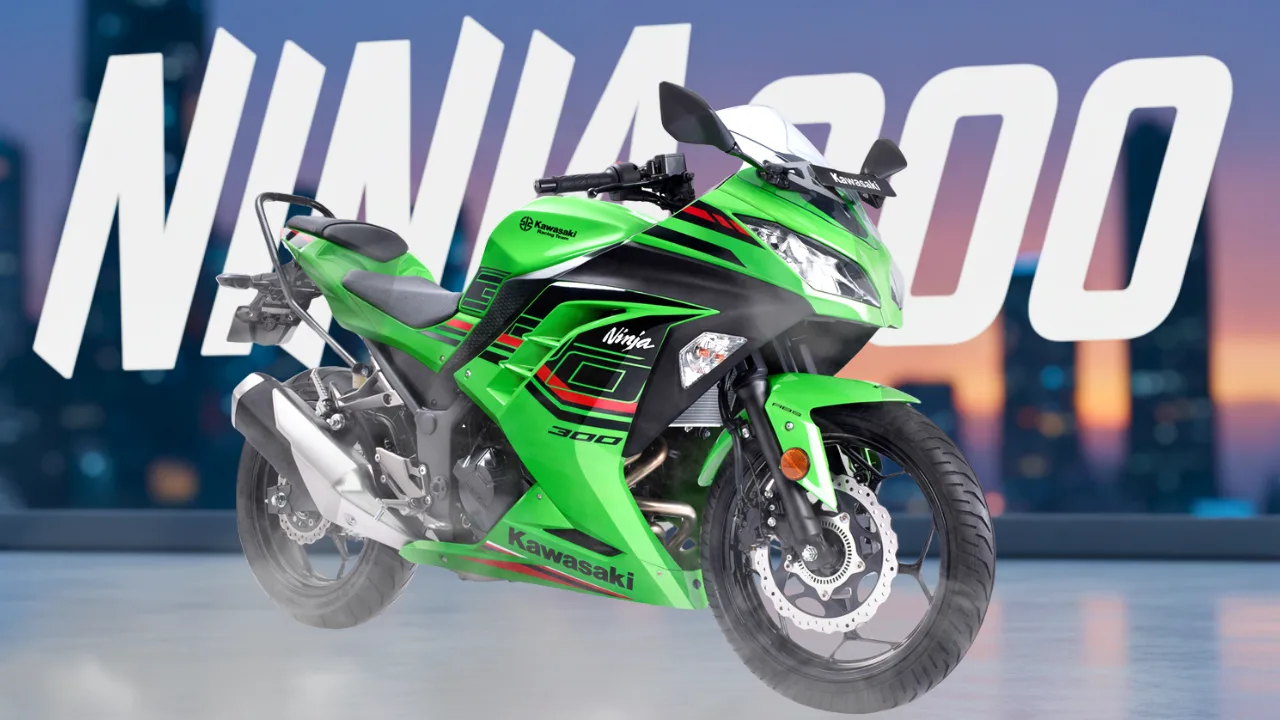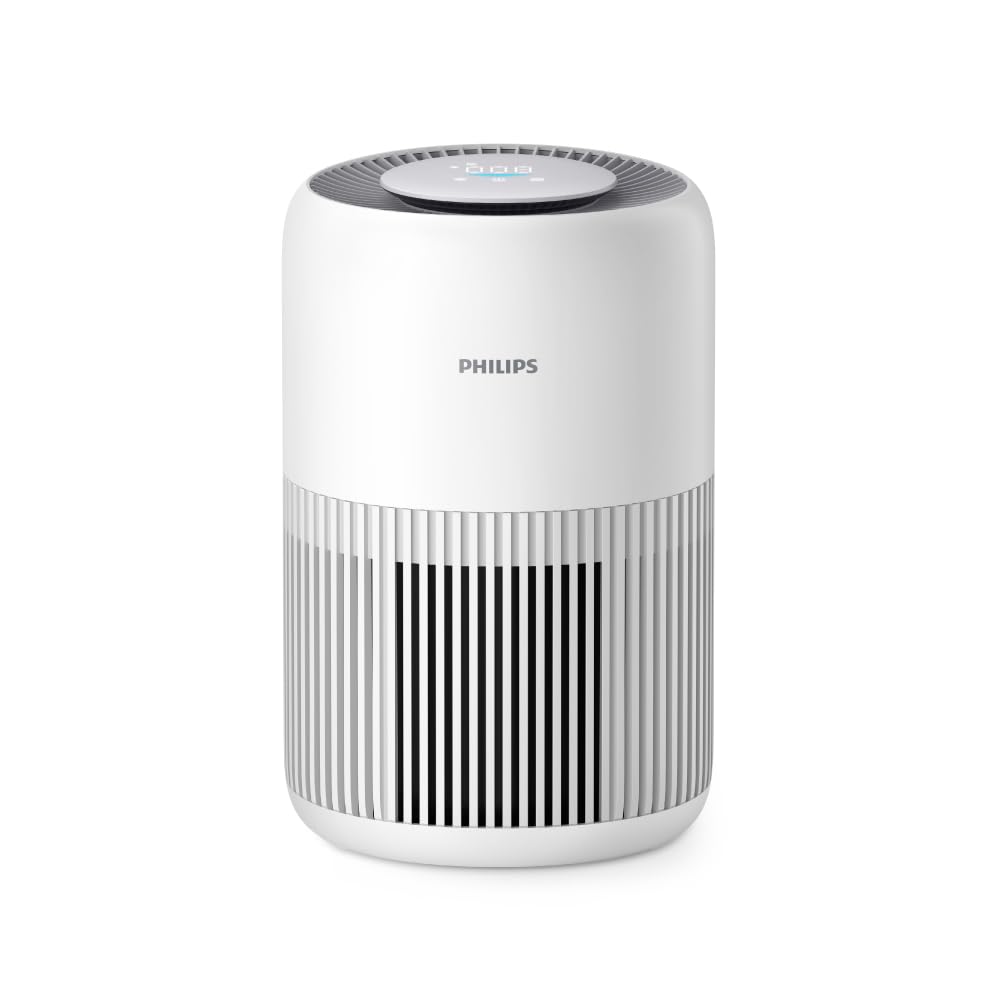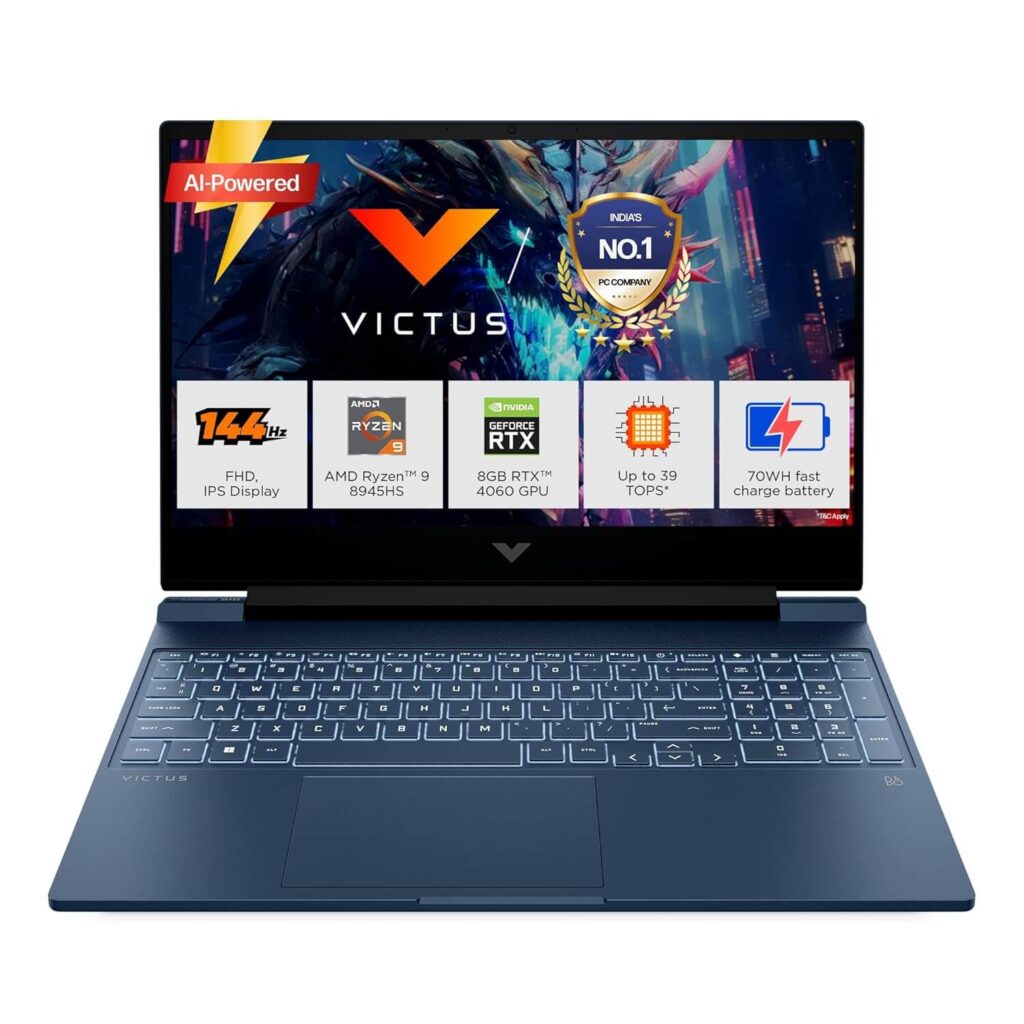When it comes to entry-level sportbikes, the Kawasaki Ninja 300 has built a reputation as a machine that blends performance, style, and everyday usability. It is a motorcycle that attracts both first-time riders and seasoned bikers who want a fun, reliable ride without stepping into the intimidating superbike segment.
This blog takes a closer look at the Ninja 300’s design, engine, handling, rider experience, and overall value.
What Makes the Kawasaki Ninja 300 Special?
The Ninja 300 is designed to be approachable yet exciting. With a sleek, aggressive design inspired by its bigger Ninja siblings, it carries the signature sporty DNA but in a more manageable package. It is powerful enough for highway rides yet friendly for daily commuting.
Key Features and Specifications of Kawasaki Ninja 300

Engine and Performance
- 296 cc parallel-twin engine
- Smooth power delivery with strong mid to high-end performance
- Capable of comfortable highway cruising and nimble city rides
Design and Styling
- Aggressive twin headlights and sharp fairings
- Aerodynamic bodywork for better stability at speed
- Sporty yet comfortable riding stance
Handling and Ride Comfort
- Lightweight frame with balanced distribution
- Suspension tuned for daily roads and occasional spirited rides
- Wide tyres offering stability and cornering confidence
Safety and Technology
- ABS for reliable braking
- Slipper clutch for smoother downshifts
- Analogue-digital console with trip meters and fuel gauge
—
Pros and Cons of the Ninja 300

Advantages
- Beginner-friendly performance and forgiving clutch
- Premium looks with strong road presence
- Reliable twin-cylinder engine
- Good resale value in used bike markets
Limitations
- Best power at higher revs, less torque at low RPM
- Basic suspension setup compared to newer models
- Lacks advanced electronics like riding modes or traction control
Ninja 300 vs Competitors
1. Against Yamaha R3

- Ninja is more beginner-friendly and affordable
- R3 has more torque and better highway punch
2. Against KTM RC 390

- Ninja is smoother and more reliable for daily use
- RC 390 is sharper, sportier, and more track-focused
The Ninja 300 strikes a balance between style, comfort, and reliability, making it a versatile option for most riders.
Also Read: Royal Enfield Classic 350: The Classic Thump Gets a Modern Heart
Real-World Rider Experience
Riders often describe the Ninja 300 as a confidence-building sportbike. It allows new riders to learn without fear, yet still delivers enough excitement for long-term ownership.
- Fuel economy: Around 25–30 km/l depending on riding style
- Strong community and support network
- Owners highlight its “big-bike feel” at a lower cost
—
Kawasaki Ninja 300: Price in India & Value for Money

While prices vary globally, the Ninja 300 typically sits in the premium entry-level sportbike range. It may not be the cheapest option, but its twin-cylinder smoothness, sporty design, and Kawasaki reliability make it worth the investment.
Who Should Buy the Kawasaki Ninja 300?
The Ninja 300 is best suited for:

1. New Riders – looking for their first sportbike that’s not intimidating
2. Daily Commuters – who also want weekend highway fun
3. Enthusiasts – who admire the Ninja brand but prefer a practical bike
4. Budget Buyers – wanting twin-cylinder performance without superbike costs
Conclusion
The Kawasaki Ninja 300 has earned its reputation as one of the best entry-level sportbikes. It combines stylish looks, strong performance, everyday usability, and reliability in a way few bikes in its segment can.
If you want a motorcycle that offers both excitement and practicality, the Ninja 300 remains a fantastic choice.


















